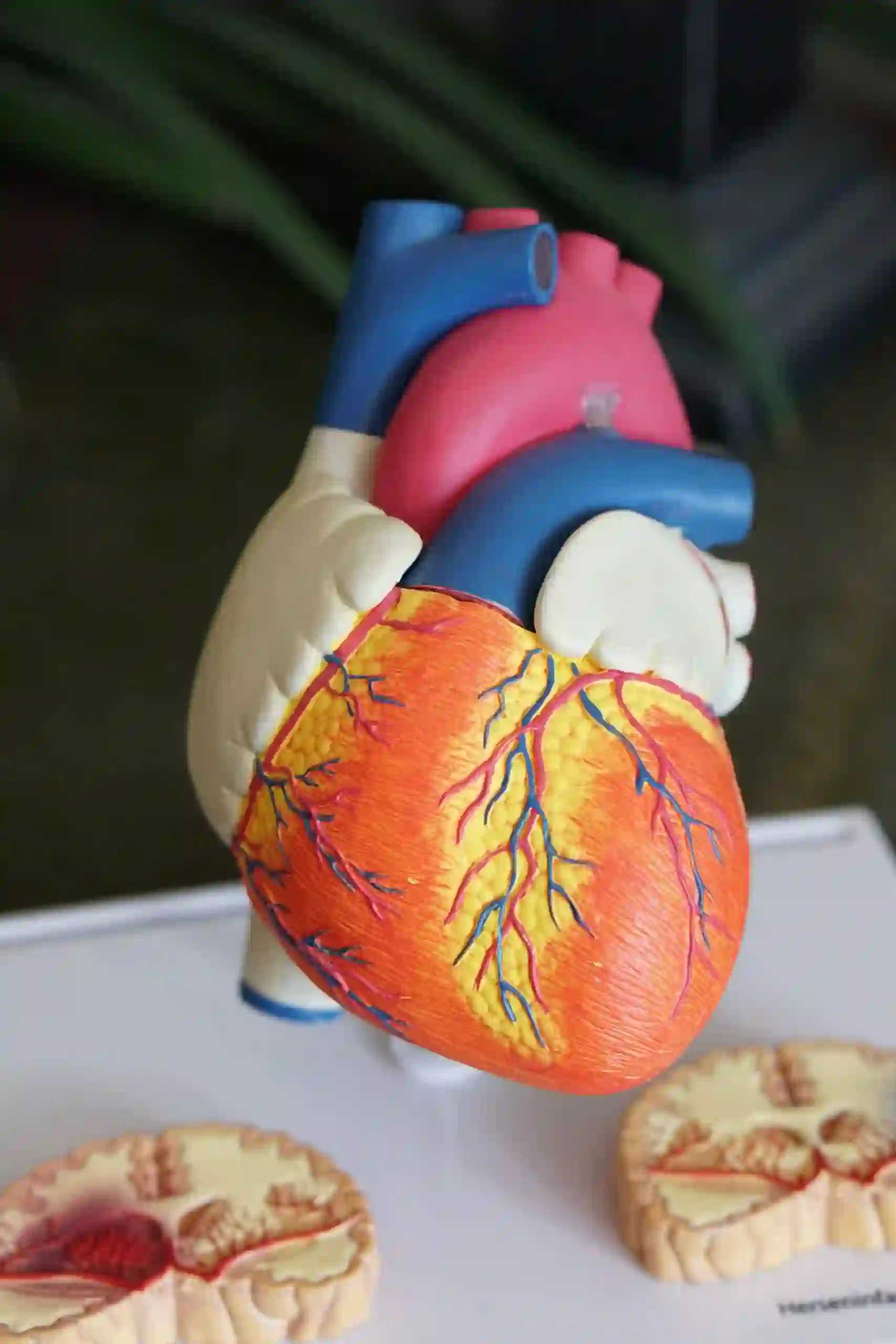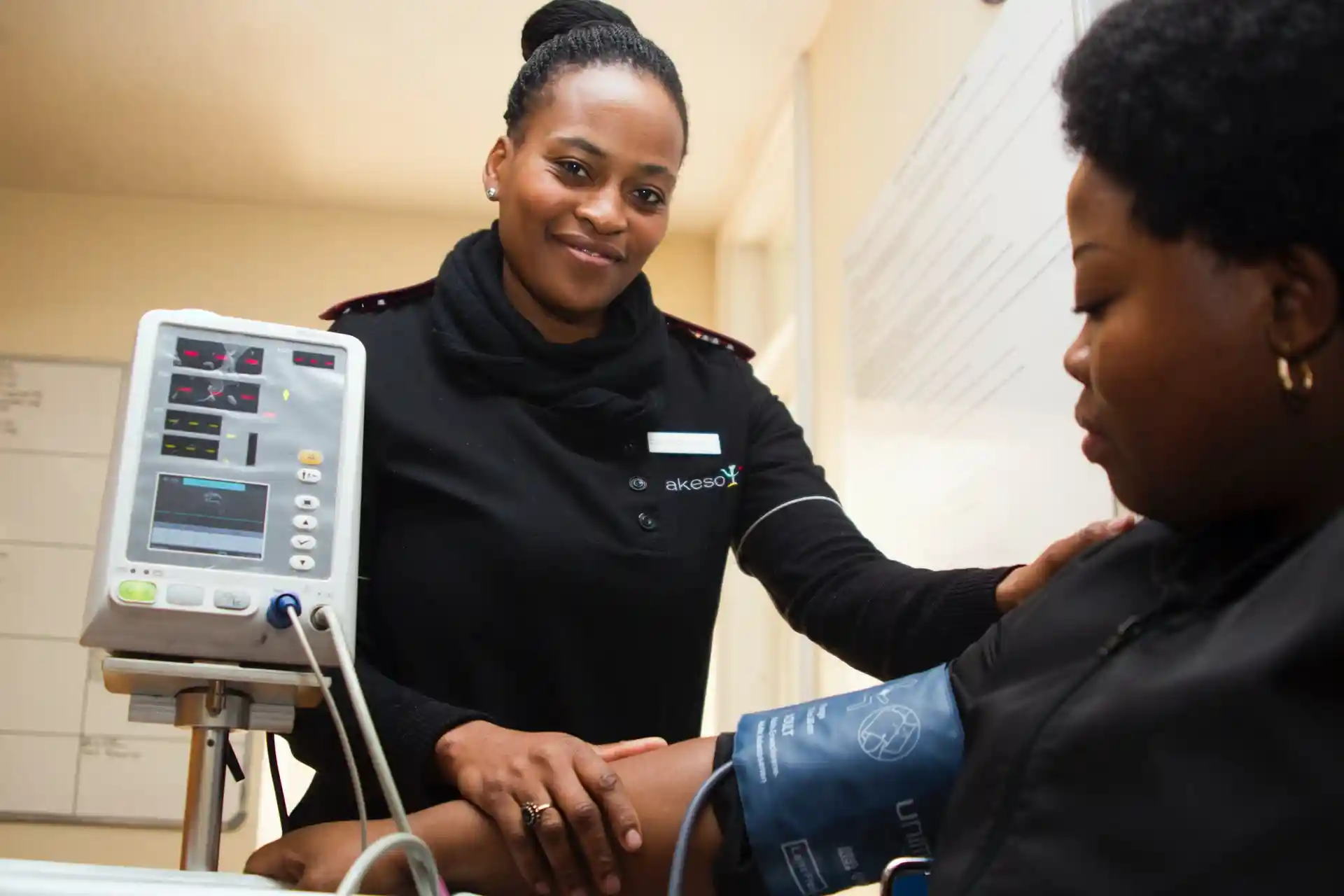
How MMJ Health can help Patients with Diabetes
Diabetes is a chronic health condition that affects how your body generates energy from food.
Diabetes is a chronic health condition that affects millions of people worldwide. It occurs when the body is unable to effectively regulate blood sugar levels due to either insufficient insulin production or the body’s inability to use insulin properly. This leads to elevated blood sugar levels, which can result in various complications if not managed properly. When it comes to managing diabetes, medical marijuana has shown promising potential. Certain cannabinoids found in marijuana, such as THC and CBD, have been found to possess anti-inflammatory properties and the ability to regulate insulin levels. Additionally, medical marijuana may help alleviate some of the common symptoms associated with diabetes, including neuropathic pain and inflammation. While more research is needed, medical marijuana holds the potential to provide a natural and alternative approach to diabetes management, offering patients a new avenue to improve their quality of life.


Normally, most of the food you eat is broken down into glucose (sugar) and released into your bloodstream. When your blood sugar rises, it will signal your pancreas to release insulin. Insulin is the key that lets the blood sugar into your body’s cells to be used as an energy source.
However, if you have diabetes, one of two things happens:
Either, your body does not make enough insulin or your body can’t use the insulin it makes the way it should. When there is not enough insulin or when cells do not respond to insulin, too much blood sugar is left behind in your bloodstream. Over an extended period of time this can cause serious health issues like kidney disease, vision loss, and heart disease.
Understanding the causes of diabetes is crucial in comprehending this prevalent and complex health condition. Diabetes is influenced by a combination of genetic, environmental, and lifestyle factors. By exploring the underlying causes, we can better grasp the disease and work towards effective prevention and management strategies.
Causes of Diabetes:
There are 3 main types of diabetes:
Type 1 : Type 1 diabetes is thought to be caused by an autoimmune reaction (a type of disorder where the body attacks itself by mistake) that stops the body from producing insulin. About 5-10% of the people who have diabetes have type 1 and symptoms often develop quite quickly. Children, teens and young adults are usually those who develop type 1 at an early age. If you have type 1 diabetes, you need to take insulin every day to survive. Known risk factors include: family history of type 1 diabetes and being of young age (children, teen or young adult). Currently, there is no known way to prevent type 1 diabetes.
Type 2 : Type 2 diabetes is characterized by the body’s inability to use insulin properly and keep the body’s blood sugar at normal levels. A majority of the population that has diabetes, about 90-95%, have type 2 diabetes. This type develops over many years and is usually diagnosed in adults, but in recent times we see it more often in children, teens and young adults as well. You may not notice the symptoms right away with this type of diabetes, so it is important to get your blood sugar tested regularly if you are at risk for the disease.
Unlike type 1, type 2 diabetes can be prevented or the progress can be slowed-down with healthy lifestyle changes, such as losing weight, eating healthy foods and increasing physical activity.
Gestational diabetes : Diabetes that a person develops while pregnant, is known as gestational diabetes. This can develop in pregnant women who have never had diabetes before as well. This type of diabetes may increase the risk for a baby to develop health problems, like childhood or teen obesity or type 2 diabetes later on in life. Typically, gestational diabetes in the mother goes away after the baby is born, but may increase your chance of developing type 2 diabetes later on in life.
Prediabetes : in the U.S. 88 million adults – that is more than 1 in 3 – have a condition known as prediabetes. Studies have shown that more than 84% of those with the condition, do not know they have it! Those afflicted with prediabetes have higher than normal blood sugar levels, but not high enough to be diagnosed with type 2 diabetes. This condition may raise your risk for type 2 diabetes, stroke and heart disease. However, there are steps you can take including healthy lifestyle changes to reverse it!

Symptoms of diabetes may include:
There are several ways your doctor may diagnose diabetes depending on the type they suspect you may have developed.
Symptoms from type 1 diabetes usually lead to testing blood sugar levels. Since symptoms from other types of diabetes and prediabetes may be harder to spot there are screening criteria for those who should be tested.
That criteria includes:

However, there are tests for type 1 and type 2 diabetes and prediabetes. Your doctor may run the glycated hemoglobin (A1C) test that does not require fasting and indicates your average blood sugar level for the most recent 3 months. It will also measure the percentage of blood sugar attached to the hemoglobin.
The higher the blood sugar levels, the more hemoglobin you’ll have with sugar attached. If you receive results of two tests with an A1C level of 6.5% or higher, you have diabetes. A test result of A1C between 5.7% – 6.4% indicates prediabetes. Anything below 5.7% is considered within the normal range.
If these tests are not conclusive, your doctor may also recommend random blood sugar testing, a fasting blood sugar test or an oral glucose tolerance test to determine whether or not you have developed diabetes or a prediabetic condition.
If type 1 is suspected the patient will receive a urine test to look for the presence of a byproduct produced when the body uses muscle and fat tissue for energy instead of insulin for the available glucose called ketones or a test to see if you have developed destructive immune system cells called autoantibodies. If gestational diabetes is suspected, your glucose levels may be tested periodically throughout the pregnancy to ensure it does not develop.
Please see a licensed doctor in order to get properly diagnosed with Diabetes. MMJ Health has professional and knowledgeable Medical Marijuana Specialists that can create a treatment plan that works for your lifestyle.
Some terpenes have shown promising properties that may be beneficial for individuals with diabetes. Here are a few terpenes worth exploring:
This terpene is commonly found in cannabis and is known for its potential anti-inflammatory properties. It may help reduce inflammation associated with diabetes and potentially improve insulin sensitivity.
Limonene is a citrus-scented terpene that has shown antioxidant and anti-inflammatory properties. It may contribute to managing oxidative stress and inflammation, which are associated with diabetes complications.
Found in pine trees and herbs like rosemary, pinene is known for its potential anti-inflammatory effects. It may assist in reducing inflammation and oxidative stress, which are factors in diabetes development and complications.
Caryophyllene is a terpene found in various spices like black pepper and cloves. It has been studied for its potential anti-inflammatory and antioxidant properties. These properties may have positive effects on inflammation and oxidative stress, both of which are involved in diabetes.
When it comes to strains of medical marijuana for diabetes, it’s essential to understand that individual responses can vary, and what works for one person may not work for another. However, certain strains have been reported to offer potential benefits for individuals with diabetes. Here are a few strains worth considering:
Harlequin is a high-CBD strain known for its potential anti-inflammatory properties. It may help reduce inflammation associated with diabetes and provide pain relief without producing significant psychoactive effects.
This indica strain can benefit diabetic patients with its sedative and relaxed high, thus helping them find some relief from the anxiety and stress that their condition traditionally causes.
This hybrid strain is known for its high CBD content that presents more indica-like effects. Its healing properties help with anxiety and stress.
Remember, strain selection can vary based on personal preference, desired effects, and individual response. It’s recommended to consult with a medical professional or a knowledgeable budtender at a licensed dispensary who can provide guidance and recommendations based on your specific needs and medical history. The knowledgeable and polite medical marijuana doctors at MMJ Health can assist you in providing you the guidance you need to find the most accurate combination of marijuana strains that work for you and the correct dosage you need to help you with your diabetes.
There are several online tools available that can be helpful for individuals managing diabetes. These tools can assist in tracking various aspects of diabetes management, providing education and support, and helping individuals make informed decisions about their health. Here are some of the best online tools for diabetes:

For individuals with diabetes, one of the hardest struggles they face is the constant need to manage and maintain their blood sugar levels within a healthy range. Diabetes requires careful monitoring of blood glucose levels, medication or insulin management and adherence to dietary and lifestyle modifications.Needless to say, this constant vigilance takes a mental and emotional toll on the individual, as it often involves frequent blood sugar checks, meal planning, sticking to medication schedules, and the need to be mindful of physical activity. The relentless nature of diabetes management can create a sense of burden and have a significant impact on daily life, making it a challenge to find a balance between living a normal life and adhering to the medical treatment. In addition, the potential for long-term complications, such as nerve damage, heart disease, kidney problems, adds further to the burden and worry for individuals with diabetes. Fortunately, diabetes patients that can rely on proper support, education and who have access to effective and efficient healthcare can navigate these challenges and lead fulfilling lives while managing their condition.
While there is not yet a cure for diabetes, there are steps you can take to help curb the effects. Losing weight, eating healthy food and being active are some things that are doable on a day-to-day basis that really make a difference. To further reduce the impact of diabetes on daily life you should take your prescribed medications as needed, get diabetes self-management education and support, and keep up with health care appointments.
Under Amendment 2, Diabetes may be a qualifying condition for a medical marijuana card in Florida.
If you are currently suffering from Diabetes and would like to talk to our certified Florida Marijuana doctors, you can book an appointment and come to any of our 10 convenient MMJ Health locations.
Managing diabetes requires a comprehensive approach that includes proper medical care, lifestyle modifications, and staying informed about the latest advancements. At MMJ Health, we understand the challenges of living with diabetes and the potential benefits that medical marijuana can offer. Our team of friendly and knowledgeable staff, along with our top-notch doctors specializing in medical marijuana in Florida, are here to provide compassionate care and guidance. If you’re seeking alternative approaches to diabetes management and are interested in exploring the potential benefits of medical marijuana, we encourage you to book an appointment with MMJ Health. Take the first step towards a more holistic and personalized approach to your diabetes journey. Contact us today and discover how we can assist you in your pursuit of improved well-being.